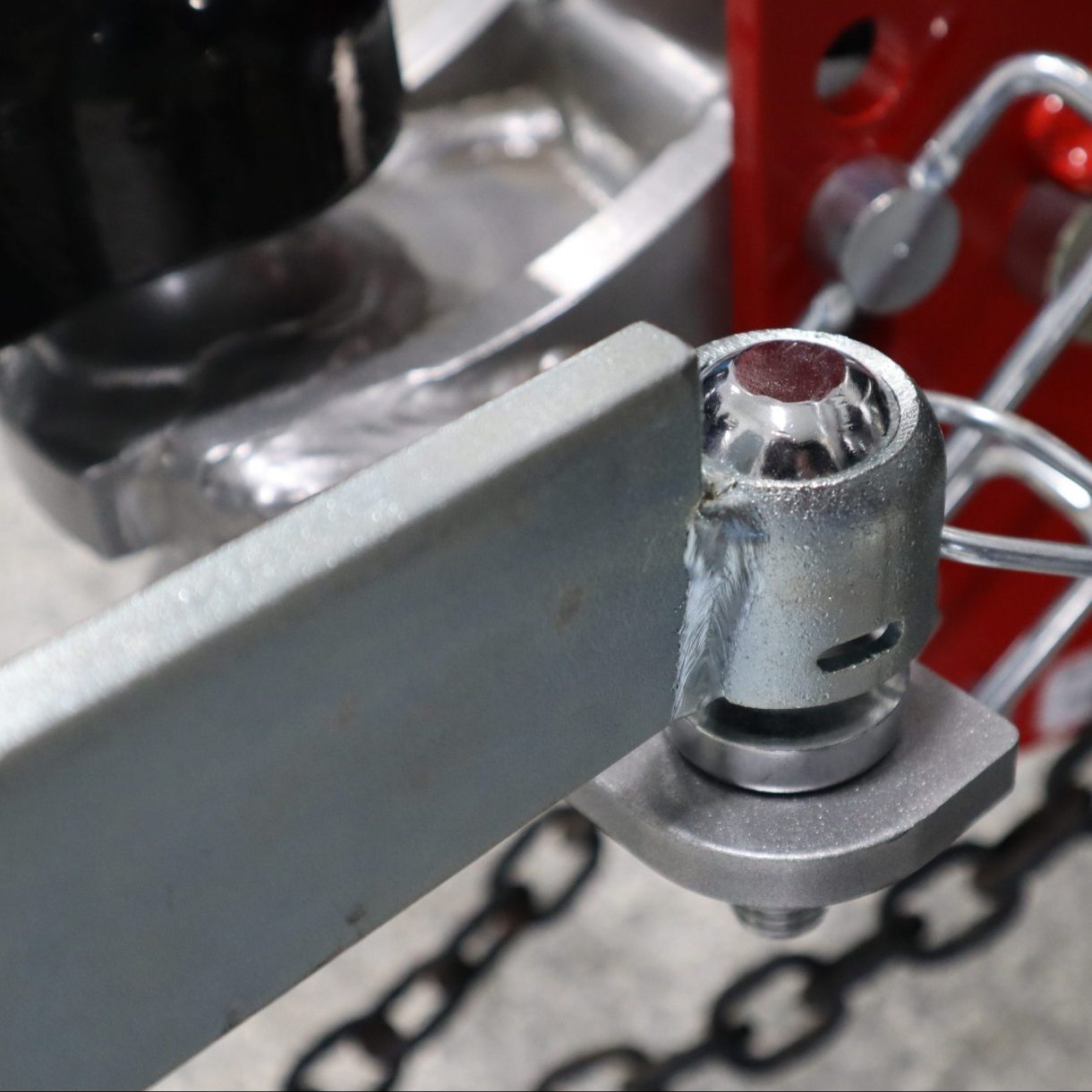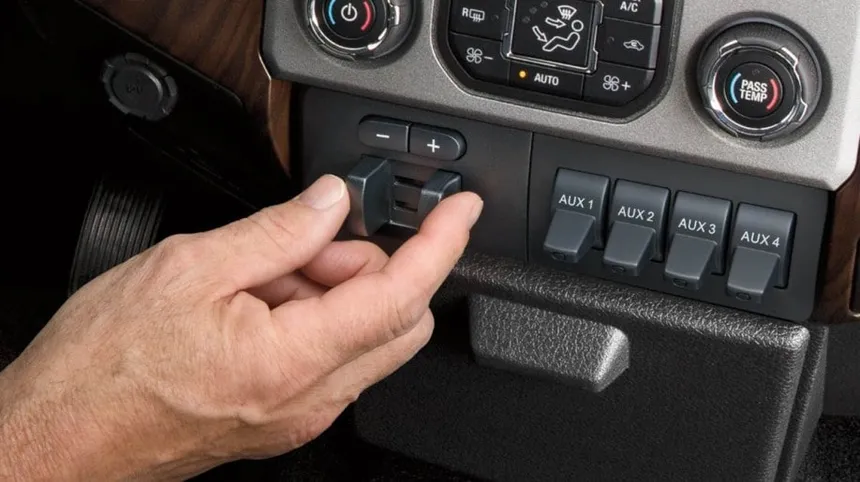Trailer sway is a very serious concern for anyone towing a trailer, as it can lead to dangerous situations, including the rolling of the tow vehicle. We’ve all seen the footage of that, and no one wants to make it onto those compilations. Understanding the causes of trailer sway and how to manage it is how you make sure everyone gets home safely.
The Dangers of Trailer Sway
Trailer sway occurs when the trailer being towed begins to move from side to side uncontrollably. This movement, if not addressed quickly, can cause the tow vehicle to lose stability and roll over. However, this is easily avoided with the right tools and preventative gear.
The Best Way to Stop the Sway
Obviously, the first thing to know is whether or not your vehicle can handle the weight of your trailer, more on that here. One of the most effective methods to stop a swaying trailer is by using a trailer brake controller. This device allows you to activate the trailer’s brakes independently of the tow vehicle’s brakes. When a trailer starts to sway, it’s often due to excess kinetic energy. By applying the trailer brakes, you can dissipate this energy, bringing the trailer back under control without reducing the speed of the tow vehicle. While this method may not be the smoothest solution, it is highly effective in preventing potentially disastrous outcomes.
The Not-So-Good Way
If trailer sway is caused by excess energy in the trailer, doesn’t that mean that accelerating in your tow vehicle can also dissipate that energy? Basically, no. Here’s a video with a longer explanation, but the gist is that it’s almost impossible for your tow vehicle to accelerate quickly enough to dissipate the trailer sway. I don’t recommend trying it. Aftermarket brake controllers are fairly cheap and easy to use. You can even add OEM ones to most trucks. Do that instead of trying to be a hero.
The Best Ways to Prevent the Sways
Preventing trailer sway is always preferable to stopping it once it begins. There are two primary ways to prevent trailer sway:
- Proper Loading of the Trailer: The way a trailer is loaded plays a significant role in its stability. Trailers that are heavily loaded behind the axle are more prone to sway. So don’t strap a heavy generator or motorcycle to the back of your camper. When the majority of the weight is over the axles, it can significantly reduce the likelihood of sway. However, it can be pretty difficult to control the weight distribution of something like a travel trailer. That’s why I also recommend the second option:
- Using an Anti-Sway Bar: An anti-sway bar is an invaluable tool for anyone towing a trailer. This device helps to stabilize the trailer by absorbing the kinetic energy that causes sway. The anti-sway bar functions similarly to a disc brake, engaging only when the trailer begins to rock back and forth. By tightening or loosening the bar, you can adjust the level of resistance it provides, offering a customizable solution to sway. You’ll definitely feel the sway bar working in your truck (it’s basically pushing against you to slow itself), but it’s worth it for the peace of mind.

Choosing the Right Anti-Sway Bar
Selecting the right anti-sway bar can make a significant difference in your towing experience. While many options are available, this Camco hitch with a sway bar is a personal favorite of mine. (Just make sure to select one that supports the correct weight of your trailer, not much more and definitely not less.) I feel this one offers excellent value for its price and is a solid choice for those looking to be a little safer without selling a kidney.
Conclusion
Trailer sway is a dangerous phenomenon that can lead to catastrophic accidents if not managed properly. By using a trailer brake controller and ensuring your trailer is loaded correctly, you can greatly reduce the chances of sway occurring. Additionally, investing in a quality anti-sway bar will provide an extra layer of protection, making your towing experience safer and more secure. Always remember that safety should be your top priority when towing, and taking these precautions can help you avoid the risks associated with trailer sway.
| ReplyForwardAdd reaction |


Leave a Reply